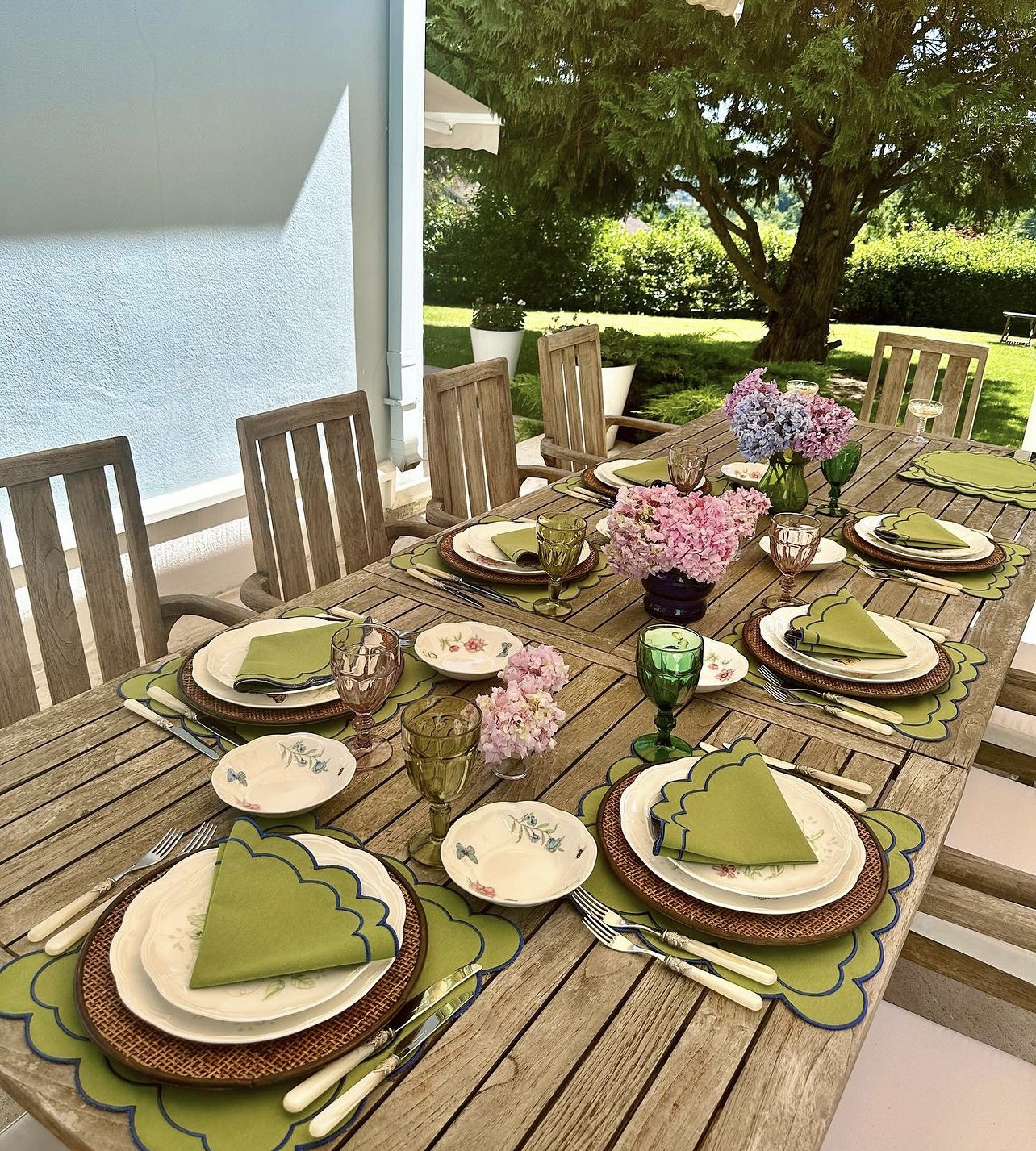eco friendly clothes linen
Nov . 12, 2024 09:46 Back to list
eco friendly clothes linen
Eco-Friendly Clothes The Benefits of Linen
In an age where environmental consciousness is increasingly vital, the fashion industry is undergoing a transformative shift towards sustainable practices. Among various sustainable fabrics, linen stands out as a champion of eco-friendliness. Derived from the flax plant, linen boasts a plethora of benefits that make it an excellent choice for those seeking to curate an environmentally responsible wardrobe.
1. Sustainable Production
The journey of linen begins with the flax plant, which requires significantly less water compared to other textile crops, such as cotton. In fact, flax can thrive in poor soil and under harsh conditions, making it a resilient crop that demands fewer resources. Moreover, the production of linen involves minimal chemical processing, resulting in less pollution and a lower carbon footprint. This sustainable cultivation method ensures that linen is not only gentle on the Earth but also supports biodiversity by enabling diverse crop rotations.
2. Biodegradability
One of the most appealing aspects of linen is its biodegradability. Unlike synthetic fabrics that can take hundreds of years to decompose, linen naturally breaks down when disposed of properly. This characteristic significantly reduces textile waste in landfills, which has become a pressing issue as fast fashion continues to dominate the industry. Choosing linen garments contributes to a circular economy, promoting a healthier planet and lessening the environmental impact of our clothing.
Linen is known for its remarkable durability. Fabrics made from linen can withstand wear and tear, making them last significantly longer than many of their synthetic counterparts. This longevity not only minimizes the frequency of replacements but also reduces consumption, further alleviating the strain on the environment. Investing in high-quality linen pieces promotes a more sustainable approach to fashion by encouraging consumers to adopt a slower, more mindful shopping mentality.
eco friendly clothes linen

4. Energy Efficiency
The energy required to produce linen is also relatively low compared to that of other fabrics, particularly synthetic ones. The process of turning flax into linen involves less energy-intensive manufacturing processes, which is essential in reducing our overall carbon footprint. By choosing linen clothes, consumers can contribute to energy conservation and support brands that prioritize environmentally friendly practices.
5. Comfort and Breathability
Aside from its environmental benefits, linen is celebrated for its unique properties that enhance comfort. The natural fibers allow for excellent breathability and moisture-wicking, making linen an ideal fabric for warm weather. It is lightweight and has a pleasant texture that is gentle on the skin, allowing wearers to feel cool and comfortable even in the heat of summer. Plus, linen improves with age, developing a beautiful patina that adds to its character and charm.
6. Versatility in Fashion
Linen's aesthetic appeal cannot be overlooked; its natural, rustic elegance makes it a versatile fabric suitable for a variety of styles, from sophisticated dresses to casual shirts. The range of colors and patterns that can be created with linen further enhances its adaptability for various occasions and personal tastes. Sustainable fashion is not about sacrificing style; with linen, consumers can enjoy chic and environmentally friendly clothing choices.
Conclusion
In a world increasingly aware of its environmental responsibilities, choosing eco-friendly fabrics like linen is a powerful way for consumers to make a positive impact. With its sustainable production methods, biodegradability, durability, and comfort, linen clothing emerges as a front-runner in the quest for eco-conscious fashion. By incorporating linen into our wardrobes, we can enjoy the timeless elegance of this remarkable fabric while taking significant strides toward a more sustainable future. Embrace linen not only for its style but also for its role in creating a cleaner, greener planet. Let’s make choices that honor the environment, ensuring that the future of fashion is as sustainable as it is stylish.
-
Authentic Handcrafted Indian Block Print Napkins | Shop Artisan Style
NewsJul.31,2025
-
Premium Bath Towel for Home & Hotel Use - Soft & Absorbent Bathtowel
NewsJul.30,2025
-
Premium Bedding Sets Collections Cotton – Soft, Durable, Eco-Friendly
NewsJul.29,2025
-
Premium Linen Napkins & Table Linens – Wedding, Bulk Buy, Custom Embroidery
NewsJul.29,2025
-
Premium Linen Napkins & Tablecloths for Weddings & Bulk Purchase
NewsJul.29,2025
-
Premium Baby Linen Clothes – Organic, Eco-Friendly, Soft Comfort
NewsJul.29,2025
